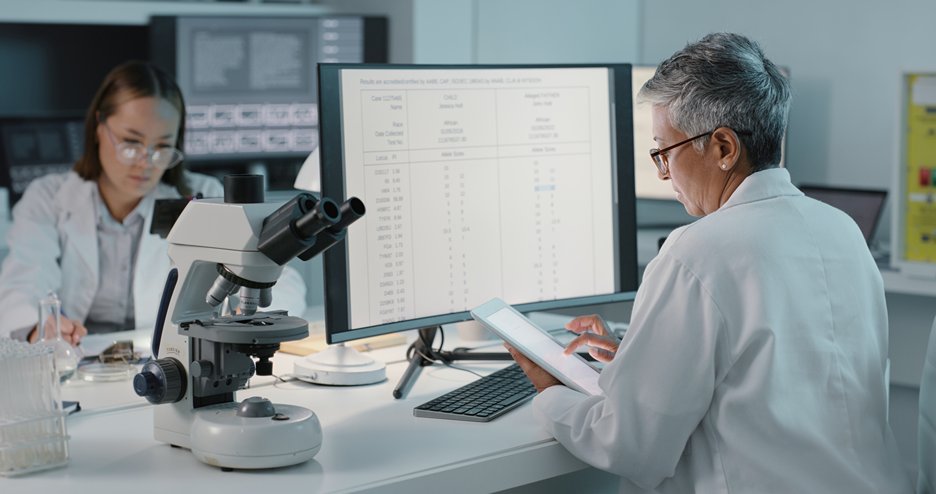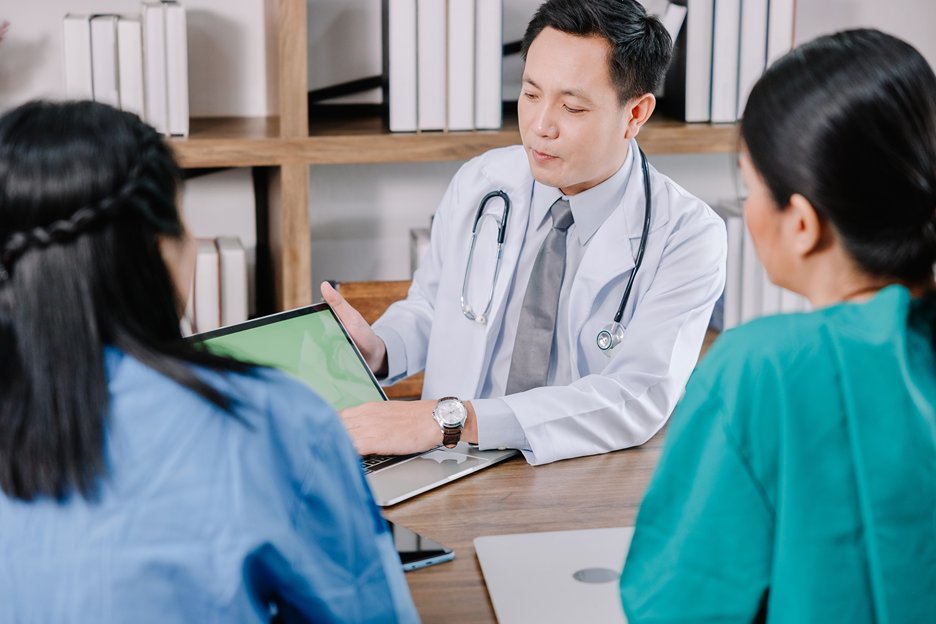Mobile apps allow doctors and patients to easily access and update electronic health records from their phones or tablets. This is revolutionizing healthcare by improving communication, care coordination, and access to real-time patient information for providers anywhere.
Electronic health records (EHRs) have become a critical component of modern healthcare. By digitizing patient information that was previously stored on paper, EHRs enable more efficient, high-quality care with improved outcomes.
The rapid rise of smartphone usage and mobile applications is driving the next evolution in EHR technology. Mobile EHR apps are emerging as powerful tools to further enhance patient engagement, provider productivity, and data accessibility in healthcare.

The growth of mobile devices and apps has been staggering. There are almost 7 billion smartphone users globally, and the average US adult spends 4 hours per day on their mobile device. Healthcare has been somewhat slower to adopt mobile technologies, but it is quickly catching up. Approximately 300 million smartphone users worldwide leverage some kind of health app, signaling the massive potential impact of mobile health.
With widespread desire for convenience and accessibility among patients, it is not surprising that mobile EHR apps are gaining significant momentum. Just as consumers have embraced mobile banking and shopping, patients and providers are recognizing the value of managing health records virtually anywhere at any time.
Mobile EHR apps enable users to access, input, and share real-time patient data seamlessly. This not only improves care coordination, but also empowers patients and streamlines administrative tasks.
Seize the future of mobile health - implement a flexible, intuitive EHR like Calysta EMR to engage patients and providers anytime, anywhere
Mobile electronic health record (EHR) apps provide patients with convenient access to their health information and greater involvement in their own care. Key benefits of EHR apps for patients include:
Mobile EHR apps also provide healthcare teams with huge time savings and efficiency gains. They also facilitate team-based, collaborative care models by:
At minimum, mobile EHR apps should contain the core patient charting functions available in traditional EHR systems. This includes medical history, medications, allergies, immunizations, labs, diagnostics, and other relevant health data. However, developers are including more advanced features to maximize mobile capabilities. These include:
| Feature | Description |
| Patient portals | Provide patients an online account to securely communicate with providers, request medication refills and appointments, view lab results, make payments, and more. Portals enable greater patient engagement, connectivity, and access to health data. |
| E-prescribing | Allow providers to electronically transmit prescriptions directly to pharmacies. This eliminates handwritten scripts, improves legibility and accuracy, enables tracking, and reduces fraud. E-prescribing ensures faster and safer medication management. |
| Telehealth | Support virtual visits via video-conferencing, remote patient monitoring with connected devices, and mobile health apps. Telehealth expands access to care, enables real-time consultations, and allows remote tracking of vital signs with data seamlessly flowing into the EHR. |
| Clinical decision support (CDS) | Provide point-of-care alerts, evidence-based guidelines, medication dosing guidance, and patient-specific assessments to inform optimal diagnoses and treatments in real-time. CDS enhances clinical workflows, care quality, and patient safety. |
| Data analytics | Compile insightful dashboards, reports, and visualization tools to track quality metrics, analyze population health trends, identify care gaps, benchmark performance, and inform process improvements. |
| Interoperability | Enable integration with pharmacy systems, labs, imaging centers, wearables, HIEs, and other health IT systems. This provides a more complete patient record from multiple sources for better-informed care. |
| Voice functionality | Allow providers to navigate the system and dictate notes using natural language voice commands. This enables hands-free workflows, efficient charting, and comprehensive documentation. |
Equip your practice with Calysta EMR, delivering enhanced workflows, better patient experiences, and optimized care teams
There are several key security and privacy considerations when implementing mobile electronic health record (EHR) apps:
Education on privacy and security best practices is critical for users of mobile EHR apps to understand the risks and help protect sensitive patient information.
Some of the leading EHR and EMR platforms that offer robust clinical documentation, practice management, and patient engagement capabilities used by healthcare organizations and individual practices today are the following:
Epic is widely used by large healthcare organizations for its comprehensive EHR solutions. It offers a user-friendly patient portal and specialized modules for various medical specialties.
Cerner is known for its high customizability and is popular among ambulatory care practices. Its integration with Oracle improves functionality and interoperability.
This cloud-based EHR platform excels in interoperability with its health information search engine that connects patient records across practices. It also includes a virtual assistant for workflow optimization.
Athenahealth provides intuitive workflows and real-time insights to improve clinical efficiency. Its mobile app integration allows providers to seamlessly update patient information remotely.
NextGen offers customizable EHR solutions that automate reporting for compliance and enhance patient care quality. It focuses on population health management and patient engagement.
Calysta EMR serves as a comprehensive aesthetic practice management solution for scheduling, billing, reporting, and other operational needs. It is designed for usability and workflow optimization.
Stand out from the competition - let Calysta EMR's specialized aesthetic practice platform optimize your workflows and exceed patient expectations

As mobile technology continues to evolve, there is tremendous opportunity for electronic medical record systems like Calysta EMR to leverage the capabilities of smartphones and tablets. Calysta EMR offers providers a powerful yet easy-to-use mobile application that enables efficient clinical documentation, secure messaging, prescription management, and more – all through a convenient, intuitive interface.
With robust features tailored for aesthetic practices, Calysta EMR can help improve practice efficiency, patient engagement, and continuity of care across devices. To learn more about how Calysta EMR’s mobile app can benefit your practice, contact us today for a demo. Let us show you how our innovative platform can help you enhance patient care while staying connected on the go.